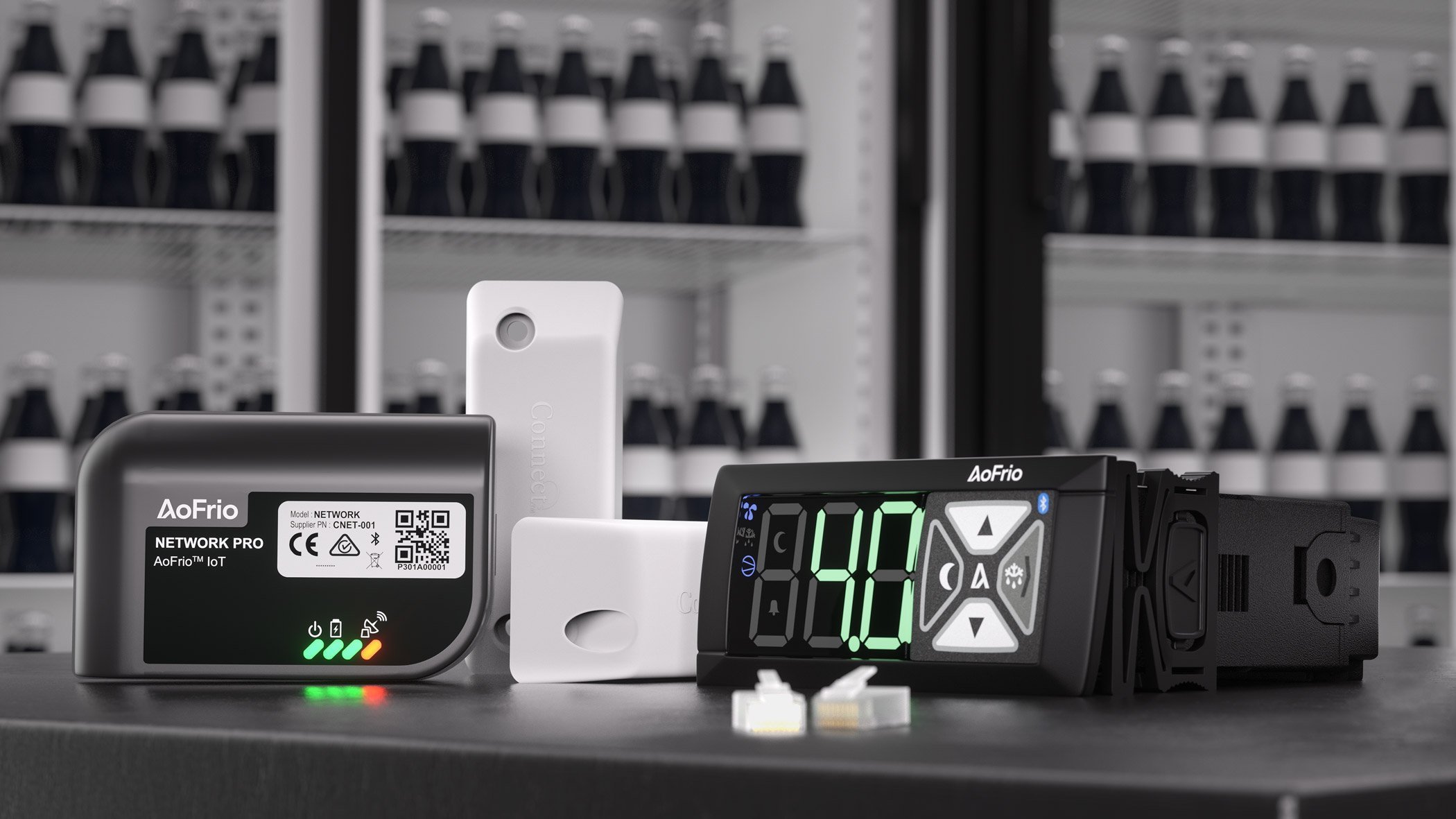In today's competitive business landscape, decision-makers constantly strive to optimise their investments. As a result, when purchasing goods or services, the upfront price tag often attracts significant attention. However, focusing solely on the initial cost can be misleading, as it fails to consider the bigger picture.

Understanding Total Cost of Ownership (TCO)
Total Cost of Ownership is the comprehensive evaluation of all expenses associated with an asset over its entire lifecycle. It encompasses the purchase price, operational costs, maintenance expenses, and any potential end-of-life costs. By taking a holistic approach, decision-makers can better understand the financial implications and make more informed choices.
The Fallacy of Low-Cost Solutions
In a cost-driven environment, it is tempting to opt for cheaper alternatives to save money upfront. However, this strategy can prove detrimental in the long run. Products or services that sacrifice quality to achieve a lower price often lead to increased TCO due to several factors:
- Frequent Repairs and Maintenance: Inferior products are more likely to break down or require frequent repairs, resulting in higher maintenance costs. These ongoing expenses can quickly accumulate, significantly impacting the TCO.
- Shorter Lifespan: Low-quality assets typically have shorter lifespans, leading to more frequent replacements. The costs associated with premature replacements, including procurement, installation, and training, can far outweigh the initial savings.
- Downtime and Productivity Losses: Sub-par products are more prone to malfunctions, leading to costly downtime and decreased productivity. The resulting interruptions can hamper operations and affect the bottom line, adding to the overall TCO.
The Value of Investing in Quality
While higher upfront costs may seem burdensome initially, they often translate into long-term savings. In addition, investing in quality can deliver several benefits that positively impact TCO:
- Enhanced Reliability: High-quality products are built to withstand the test of time, offering increased reliability and durability. This translates into fewer breakdowns, lower maintenance costs, and reduced downtime, ultimately minimising TCO.
- Improved Efficiency: Quality assets often have advanced features and technologies that enhance operational efficiency. They may consume less energy, produce higher output, or streamline processes, reducing operating costs and increasing productivity.
- Extended Lifespan: Premium products tend to have longer lifespans, meaning fewer replacements and associated costs. Additionally, a longer lifespan allows organisations to depreciate assets over a more extended period, improving their financial standing.
- Brand Reputation and Customer Satisfaction: Investing in quality positively impacts brand reputation and customer satisfaction. By delivering reliable and superior products or services, businesses can build trust, loyalty, and a positive brand image, increasing customer retention and potential growth.

In today's complex business environment, a myopic focus on upfront costs can obscure the true financial implications of purchasing decisions. At AoFrio, we are proud to produce high-quality products with a proven track record of performance and longevity.
The concept of Total Cost of Ownership emphasises the need to consider the long-term impact of quality on overall expenses. While investing in quality may require a higher upfront investment, this leads to minimising maintenance costs, reducing downtime, improving efficiency, and enhancing customer satisfaction.
Decision-makers must evaluate their choices' potential hidden costs and benefits, understanding that quality should be viewed as an investment rather than an expense. By embracing this mindset, organisations can unlock the substantial value that quality-driven decisions bring, ultimately achieving long-term cost savings, competitive advantage, and sustainable growth.
